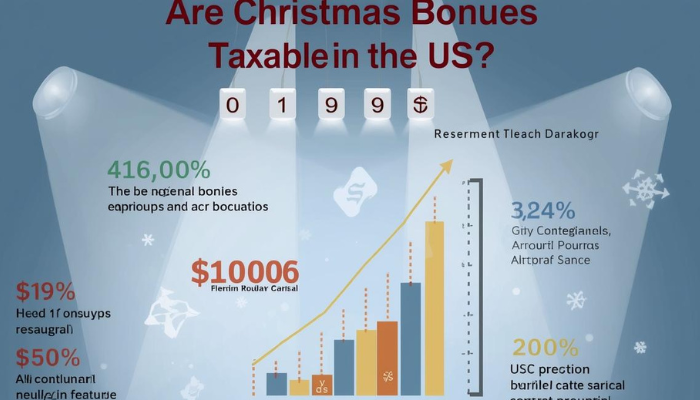
What is Medicare Tax?
What is Medicare tax? The United States Medicare program, notably Medicare Part A provides hospital insurance. It is partly funded by the Medicare tax.
Medicare is a federal payroll tax implemented to support the US Medicare program. In 2024, the regular Medicare tax rate will remain at 1.45% for employers and 1.45% for workers, for a total of 2.9%.
Self-employment tax covers the entire 2.9% for self-employed people. This payment is also referred to as the ‘hospital insurance tax,’ It guarantees access to medical care for 65+ years old adults and people with impairments or eligible for medical conditions.
Medicare taxes fund:
- Inpatient hospital stays
- Hospice care
- Skilled nursing facility care
- Certain home healthcare services
Read: What is my tax collection district?
Contributions to Medicare
In the US, most people who make money must pay into Medicare using payroll deductions. Employers must withhold Social Security and Medicare taxes from workers’ paychecks under the Federal Insurance Contributions Act (FICA). Self-employed people pay these taxes under the Self-Employed Contributions Act (SECA).
The US Treasury oversees the Hospital Insurance Trust Fund. It receives Medicare tax income and pays for Medicare Part A. The Supplemental Medical Insurance Trust Fund is financed by:
- Beneficiary premiums
- General tax income
- Investment returns
It provides funding for Medicare Parts B and D, which cover outpatient treatment and prescription medications.
The long-term viability of these funds, particularly the Hospital Insurance Trust Fund, is still a concern. Unless further financing options are implemented, it is expected to run out of money by 2031.
Read: Are mission trips tax deductible?
Medicare Surtaxes
The Affordable Care Act introduced two surtaxes to support Medicare:
- Additional Medicare Tax
- Net Investment Income Tax
Both influence different income kinds and apply to those with greater incomes.
Additional Medicare Tax
Earned income above certain levels is subject to this 0.9% surtax. This tax is only applied to income exceeding the limit. It is imposed on single filers making more than $200,000 and married couples filing jointly making more than $250,000. This surtax has no employer contribution.
Net Investment Income Tax
Investment income is subject to a 3.8% tax. It affects anyone whose modified adjusted gross income (MAGI) exceeds particular limits. Invest income also includes:
- Capital gains
- Dividends
- Rental income
The net investment income or the MAGI above the upper limit is the basis for this tax.
Read: Do realtors qualify for QBI?
What is Medicare Tax Used for?
The Medicare Part A program covers medical services for qualified beneficiaries, including:
- Hospital stays
- Hospice care
- Nursing home care
It is funded in part by Medicare taxes.
What is the Medicare Tax Rate?
Employers and workers will pay 1.45% of the 2.9% Medicare tax rate in 2024, while self-employed people will be liable for the entire sum.
Does Everyone Have to Pay Medicare Tax?
Almost everyone who makes money in the United States, regardless of citizenship, is required to pay Medicare taxes.
The Bottom Line
Comprehending what is Medicare tax tells us that it is an essential source of revenue for the Medicare system. It guarantees older citizens and those with disabilities access to healthcare. Medicare tax is collected through payroll deductions. It supports an essential component of the healthcare system in the United States.
Contact L&Y Tax Advisor to manage your personal and professional tax and financial matters.


